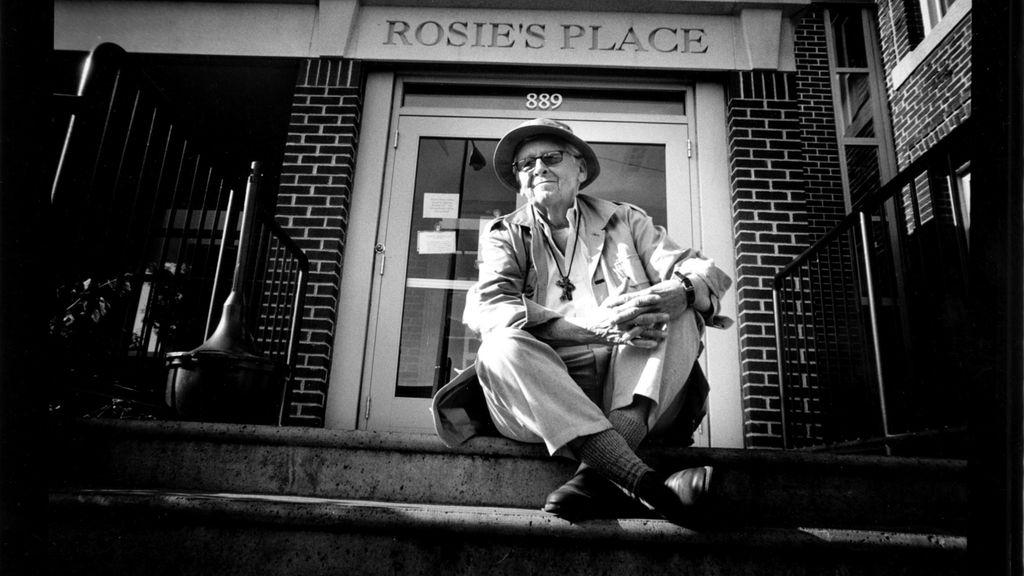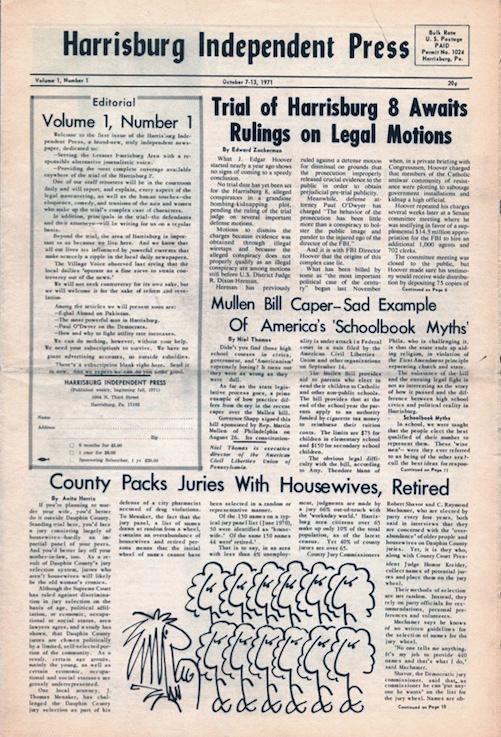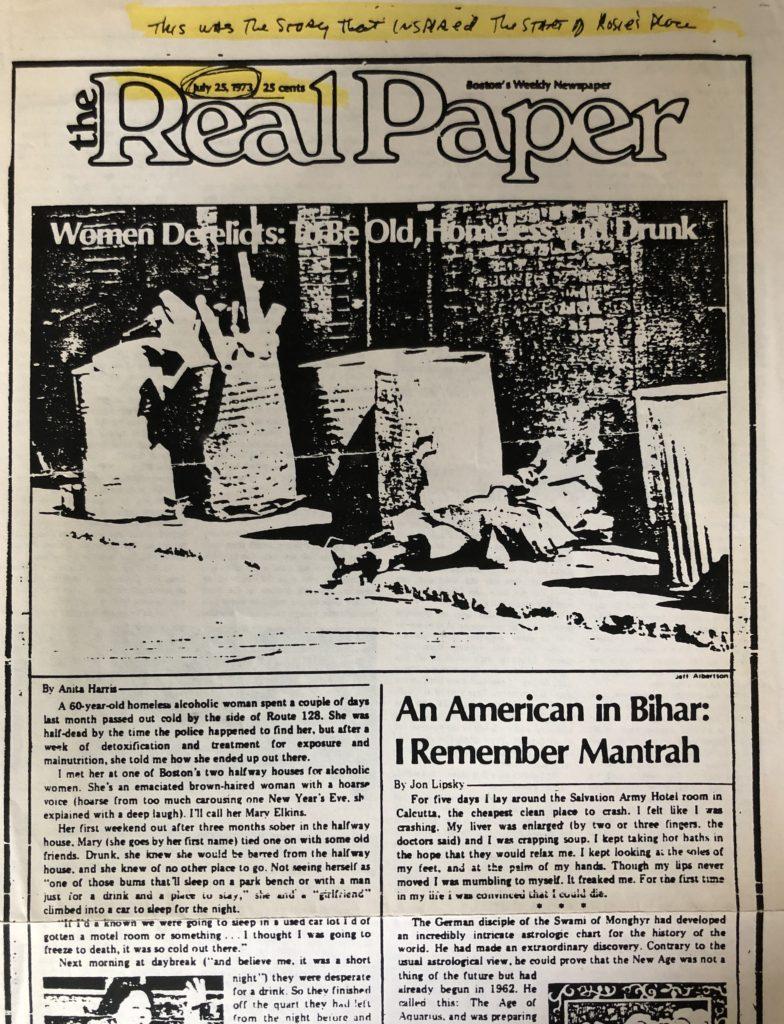
As a blogger and journalist, I’ve been appalled by recent attacks on the free press by the current administration.
This is not to say that I haven’t been a critic of the press myself: soon after college, I became a journalist by founding a weekly alternative newspaper called the Harrisburg Independent Press (yes, aka “HIP“)–partly in response to the traditional media’s failure to address many social, economic, and political issues of the day. (I’ll be writing more about HIP in the months to come; I’m now working on a book about my experience, there) .

After a year in Harrisburg, I wrote for two alternative newspapers: the Boston Phoenix and the Real Paper, in Cambridge.
For various reasons (mainly that neither paper would hire me full time or even put my name on the masthead–well, the RP already had a woman reporter–she covered “women’s stuff” ) I decided that in order to get anywhere, I needed some establishment credentials so went to New York, for journalism school at Columbia.
Upon graduation , I stayed in New York–working first for a fellow who was a bit of a maniac (he drooled when he yelled at me), then for the city’s major Muzak station. ( I won awards for documentaries including one from a radical feminism perspective on prostitution and pornography in New York–more to come on that, as well) a. After that, for five years, I covered health, science, technology, law and justice –and other topics!–for MacNeil/Lehrer (now the Newshour), of PBS.
Eventually, I returned to Boston to teach and write; subsequently became a communications consultant, author, blogger, etc. etc., which I’ve now been for more than 20 years.

...in July 1973, an alternative weekly newspaper in Boston called The Real Paper offered this for a lead headline: “Women Derelicts: To Be Old, Homeless and Drunk.”

The story said there were as many as 1,000 poor women living on the streets of Boston. The tales were disturbing. Ordinary women with names like Mary, Ann, and Masha, living in squalor in abandoned buildings; too sick from drinking to work; selling sexual favors for $1 in bars and alleys. And always looking for a place to sleep.
One doctor quoted by reporter Anita Harris was skeptical there was a problem at all. “You must have been talking to the women’s libbers,” he told Harris. Yet it turned out the city’s welfare department had quietly started a homeless women’s division.
This story gripped [Kip] Tiernan and wouldn’t let go. It shined a light on a strange truth in the upheaval of the early 1970s: Women were unequal to men even in poverty.
Ultimately, Tiernan founded the shelter, which became a model for many others, nationwide.
Because I had lived in New York for so many years, I had no idea, until last month, that my article had had such an important impact.
This past weekend, the Globe published “Making a Difference,” a letter to the editor in which I thanked Healy “for her remarkably well-researched piece on Rosie’s Place and for tracing its founding back 47 years to an article I wrote, which until now, I had no idea had profoundly impacted the lives of so many women.
“These days, with the free press under assault, Healy’s article provides yet more evidence of the power of the press to make the world a better place — simply by telling the truth. Thanks, Beth Healy, for paying it forward.”
I hope to continue pay it forward…That is, to make a difference through this blog, my books, and other writing. I also hope that the free press will survive…flourish, even…to give the truth a voice in these difficult times.
Anita Harris is an author, blogger and communications consultant based in Cambridge, MA. (She is not the British rock star, the Somerville School Committee member, or the Australian feminist writer).
New Cambridge Observer is a publication of the Harris Communications Group, an award-winning PR and digital marketing firm also based in Cambridge.



